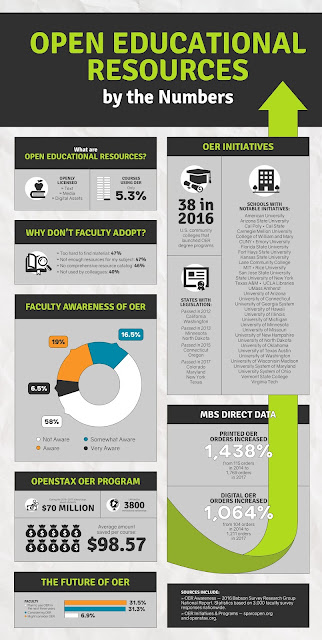6 Knowledge Activities
After reading Dr. Dennen's chapter Networked knowledge activities, for the upcoming book I classified my family. It's funny how a person's journey through social media can create a classification. I am glad to have read this chapter because it made me think of a few things about how we interact with one another, not just my family but also my social network.
Collect & Curate- I am a collector and a s a librarian, I am a curator.Regardless of how organized I like to see myself, I collect web pages and pins like a boss. I like to think of myself as a minimalist, however my interest are so all over the place that I actually created folders for my bookmarks and was trying to figure out if I could put folders in my folders. The problem with justifying those folders, categorizing them and remembering what it is in them. (In walks Pinterest... stage left). Pinterest is the collection life raft that helps me not only know what I am cooking for dinner, but categorizes the meats. Also, based on what I save more suggestions are made and I (of course) save them,too.
Share & Broker- We are taught to share at a very young age, so it is natural that we become sharers in the social world. People share for many different reasons and that can be a very personal thing. I am a collector of inspirational quotes (some of them are quite snarky). Lots of times I share these with others that have shared with me and so on. We have mastered the art of sharing, not necessarily the copyright part of it, but that is a horse of a different color.
Librarians share online through Libguides. Libguides are subject specific web pages that give all types of information such as databases, books, websites and other stuff. During an Information Literacy session I become a broker and distribute this url to my students, who in turn, share it with friends within their major.
Negotiate & Construct- Interestingly, I recently had a situation where I was facilitating a change of responsibilities with a group of peers. We looked at an old policy and decided that it needed to be updated. A colleague and I developed a workshop to bring our peers together and reconstruct the responsibilities to reflect the current times (supposedly). This knowledge negotiation thing is real. Our expectations seemed realistic, however the outcome was not as expected. Then I looked at the first sentence, "...a collaborative process (got that) in which learners work together (we were all in the same room) to agree upon meaning (ahh, there is the problem)." Just because your intention is collaboration doesn't mean it will happen. Knowledge negotiation requires trust and transparency. My team was not ready or willing to do that, yet. But, we had to give the administration something, so we had conversation and that conversation lead to individual construction which lead to a collective document from our team. Not the way we wanted it, but done.
These six knowledge activities can be explored in so many ways and they allow our social networks to grow tremendously.
Collect & Curate- I am a collector and a s a librarian, I am a curator.Regardless of how organized I like to see myself, I collect web pages and pins like a boss. I like to think of myself as a minimalist, however my interest are so all over the place that I actually created folders for my bookmarks and was trying to figure out if I could put folders in my folders. The problem with justifying those folders, categorizing them and remembering what it is in them. (In walks Pinterest... stage left). Pinterest is the collection life raft that helps me not only know what I am cooking for dinner, but categorizes the meats. Also, based on what I save more suggestions are made and I (of course) save them,too.
Share & Broker- We are taught to share at a very young age, so it is natural that we become sharers in the social world. People share for many different reasons and that can be a very personal thing. I am a collector of inspirational quotes (some of them are quite snarky). Lots of times I share these with others that have shared with me and so on. We have mastered the art of sharing, not necessarily the copyright part of it, but that is a horse of a different color.
Librarians share online through Libguides. Libguides are subject specific web pages that give all types of information such as databases, books, websites and other stuff. During an Information Literacy session I become a broker and distribute this url to my students, who in turn, share it with friends within their major.
Negotiate & Construct- Interestingly, I recently had a situation where I was facilitating a change of responsibilities with a group of peers. We looked at an old policy and decided that it needed to be updated. A colleague and I developed a workshop to bring our peers together and reconstruct the responsibilities to reflect the current times (supposedly). This knowledge negotiation thing is real. Our expectations seemed realistic, however the outcome was not as expected. Then I looked at the first sentence, "...a collaborative process (got that) in which learners work together (we were all in the same room) to agree upon meaning (ahh, there is the problem)." Just because your intention is collaboration doesn't mean it will happen. Knowledge negotiation requires trust and transparency. My team was not ready or willing to do that, yet. But, we had to give the administration something, so we had conversation and that conversation lead to individual construction which lead to a collective document from our team. Not the way we wanted it, but done.
These six knowledge activities can be explored in so many ways and they allow our social networks to grow tremendously.


Comments
Post a Comment